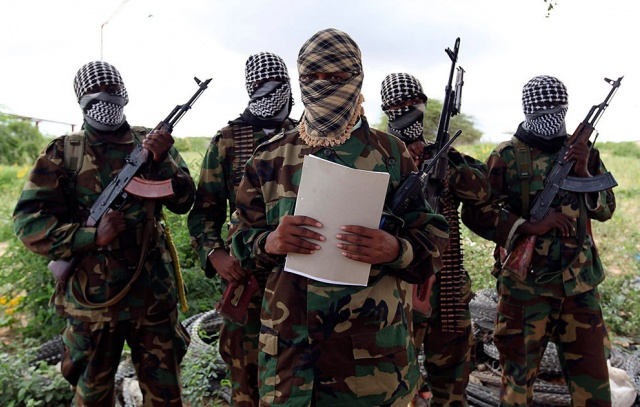
The Kenyan government offered an amnesty to AlShabab members after the Garissa massacre, in an effort to make radicalized youths to mend their ways and be integrated back into the society. The Interior Secretary Joseph Nkaiserry gave the youth an ultimatum to report at government offices or else face criminal action. As the amnesty period came to an end last week, it became apparent that it would be a long shot.
In Mombasa, posters bearing the ‘most wanted’ terror suspects have drawn little or no attention from the residents. However, friends and supporters of the suspects are suspected to have damaged some of the posters alleging that the government was shaming their people. That in itself shows how deeply radicalisation has taken root in Mombasa and will need lots of work to remove.
The Supreme Council of Kenyan Muslims (SUPKEM) had pointed out last week that the ten days was a short time and should be extended to a month. The SUPKEM chair Adan Wachu had also asked the government to involve the religious leaders and local leaders in the amnesty process.
According to Mombasa County Deputy Police Commander James Kithuka, only one individual surrendered to police in kisauni. He rightly pointed out that fear of reprisals from radical Islamists was making militants not to take advantage of the clemency.
“Once someone joins a criminal or terrorist group such as the AlShabaab, leaving it is basically a suicide mission.” explains Hamisi Bala, a Sheikh at a Mombasa mosque.
“The rest of the members feel betrayed and will even kill in order to prevent deserters from revealing their secrets. I think that is what these youth are afraid of.”
The Kenyan government has in the past demonstrated its lack of mercy when dealing with dissidents. Most people feel the young men surrendering will only be victimised by government officials once they show up to hand themselves in. As such then, Muslim leaders across the country have suggested they be involved in the process as the youth are more likely to trust them than the government. Mzee Jumba Mwate of Kwale believes this is the sure way to go.
“The sheikhs in the mosques relate with these youth most other lives. They know them well. They are in a better position to rehabilitate these yours and talk them out of the radical groups.”
Another Mombasa sheikh who declined to be named for fear of victimization thinks the amnesty call is a futile effort. What these young people have been brainwashed to believe, is that there is more to gain being jihadists. For them, it is more desirable to stand right with their religious convictions and thus have little consideration for earthly graces.
However, according to Hassan Ole Naado the deputy secretary general of SUPKEM the amnesty was a good thing and the results were good. He did not give figures but alluded to the good progress as radicals sought amnesty through religious leaders rather than the police.
It remains to be seen what step the government takes next in order to stem the radicalisation of Kenyan youth and stop hem from joining terror groups such as AlShabaab.

